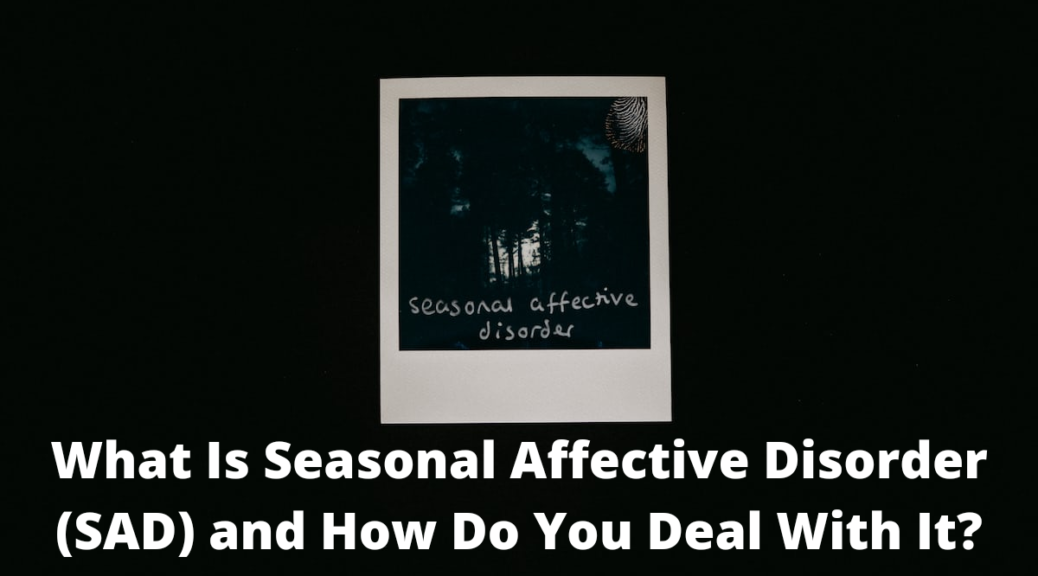Seasonal affective disorder, or seasonal depression, is a form of depression which is usually caused by the lack of natural light during the months of winter.
The sun is lowest in the sky during this season, the days are relatively short and the temperatures are extremely low.
When you have seasonal affective disorder, you may feel sad and tired, sleep too much, gain a lot of weight, or lose interest in things you do every day, all of which can affect your daily life.
How to Deal With Seasonal Affective Disorder
Here are a few things you should do if you’re dealing with seasonal depression:
Take Care of Yourself
One of the best ways of dealing with SAD is to take good care of yourself. This entails eating a balanced diet, getting enough sleep, and exercising regularly. A balanced diet will help you manage your weight and improve your energy levels, having enough sleep will make you feel a bit more relieved after the day’s work, while a regular exercise program will help keep your body in good shape. However, remember not to get too much sleep as that can make you feel like hibernating.
Plan on Time
Make plans ahead of time should your symptoms get worse. Take action immediately if you begin to see signs of depression. Plan a lot of activities during the winter season to keep yourself busy and avoid sliding into depression.
Manage Stress
Practice some stress management techniques to help you manage your stress better. Something like meditation, tai chi and yoga are a few relaxation techniques you can try. If you’re unable to manage your stress, you may get depressed and begin to have some negative thoughts and behaviors.
Connect with People
Isolating yourself can worsen your symptoms of seasonal affective disorder. So, instead of being alone, try to hang out with family and friends you enjoy being around with. You can chat and laugh with them, or you can get their support when you’re feeling down. This can go a long way in giving you some boost.
Follow a Treatment Plan
It’s not uncommon for people to refuse to take medications for reasons related to potential side effects, doubts about efficacy, worry, and depression. Nevertheless, you may be able to see an improvement in your symptoms sooner than later if you stick to a treatment plan.
Seasonal affective disorder can make you feel restless, sad, depressed, anxious, irritated, agitated, hopeless or worthless. It can also make you to gain weight, lose energy, interest and concentration, cause sleeping problems, or lead to thoughts of suicide or death. However, you should be able to see an improvement in symptoms if you take good care of yourself, plan on time, manage stress, connect with people, and follow a treatment plan.
How CCHC Can Help
The Center for Connection, Healing, and Change offers a deeper dive into your relationship with anxiety and depression, and how they play out in your life, utilizing evidence-based therapy models and offering a tried-and-tested approach to treating the two conditions.
Schedule a free consultation with us today, or visit our offices in Woodbridge or Fairfax if you’re in Virginia.




